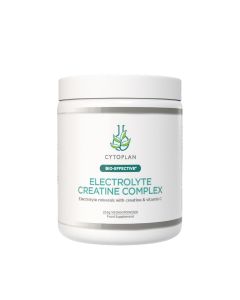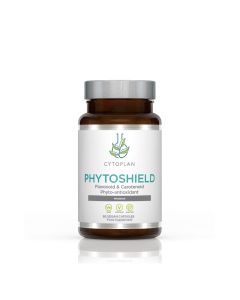What is a superfood?
For those of us striving for optimal health, the idea of “superfoods” is likely to be very appealing. While there isn’t a scientifically based or regulated definition of what makes a food super, as a general rule it refers to a food that offers a rich source of desirable nutrients, is linked to the prevention of particular health conditions or is considered to offer several desirable health benefits beyond its nutritional value. According to Collins English Dictionary, a superfood is “a food that contains many vitamins and other substances that are considered to be very good for your health” -which doesn’t really help to narrow it down!
Let’s have a closer look at some superfoods and what makes them so super!
- Berries – these nutritional powerhouses provide vitamins, minerals, fibre and a broad range of antioxidants – plus they taste delicious! Berries have been shown to reduce levels of oxidative damage and inflammation in the body and can help to protect you against a range of chronic illnesses.
- Dark green leafy vegetables – think kale, spinach, chard, rocket; great added to smoothies, stir fries, salads and stews, or lightly steamed with garlic and black pepper – yum! These veggies are an excellent source of nutrients such as vitamin C, K and folate, and minerals such as iron and magnesium – as well as plenty of fibre and antioxidants.
- Eggs – loaded with high quality protein, eggs also provide plenty of nutrients such as the B vitamins, vitamin A, selenium and choline; an important brain nutrient. They also contain lutein and zeaxanthin which can protect eye health.
- Fermented foods – such as live natural yoghurt, kefir, sauerkraut, kimchi, tempeh, miso and kombucha are great sources of probiotics; live microorganisms that bring with them a whole host of benefits to both body and brain. As well as their best-known role for supportive digestive health, having the right balance of bacteria can also support overall health and wellbeing, including immunity, mood, cardiovascular and skin health.
- Oily fish – think salmon, mackerel, anchovies, sardines and herring (or S.M.A.S.H.)[GU1] ; these fish offer a unique source of the essential omega-3 fatty acids EPA and DHA. These fatty acids can support anti-inflammatory pathways and can help to protect a number of areas of health including brain, eye, cardiovascular, skin and mental health. You should always be mindful that oily fish can contain ocean pollutants so the NHS advise that girls, women who may become pregnant, and pregnant or breastfeeding women should limit their intake to 2 portions per week.
- Herbs and spices – not only do they take your cooking to the next level; many herbs and spices also provide powerful phytonutrients to support optimal health. Some examples include garlic, which has been widely used for centuries and exhibits natural antimicrobial and antifungal properties, can support healthy blood pressure and boost immunity. Turmeric and ginger both naturally contain powerful phytonutrients that can protect against oxidative damage and support anti-inflammatory pathways.
…but this list is by no means exhaustive!
The bottom line: focus on a super plate!
In our modern society, with information spreading at viral speed it can be easy to become overwhelmed by food companies shouting about the “brand new must-have superfood” and while these foods certainly do pack a nutritional punch, it is important to have realistic expectations about superfoods – for example, adding in one of two of these food on top of an otherwise unhealthy diet is not going to support optimal health or help prevent chronic disease. Instead, you should focus on a “super plate” which will provide you with optimal nutrition from a healthy, balanced diet.
Try to implement the following into your daily meals to support optimal nutrition and health.
- Eat a Rainbow: a varied diet of at least 7 differently coloured fruit and vegetables per day. This will help to provide a wide variety of phytonutrients with a range of health benefits. All fruits and vegetables are essentially superfoods!
- Stay hydrated with water, herbal teas, green and black teas. Avoid alcohol, sugary drinks and too much caffeine.
- Ensure protein is lean: fish, poultry, eggs and vegetable sources. Limit red and processed meat.
- Include healthy fats: avocados, nuts, olive oil. Cook with healthy saturated fats: coconut oil and butter.
- Choose root vegetables and whole grains instead of refined carbohydrates and grains: Eat sparingly.





